
CNS: What is the role of Central Asian countries in the Belt and Road Initiative (BRI)?
Bolat Nurgaliyev: The projects under the BRI have made many impossibilities possible, thanks to the relatively stable political environment in the region, which has strengthened economic and trade ties among the countries. In fact, the SCO has created favorable conditions for the cooperation concept put forward by China, which has greatly benefited the promotion of the BRI.
The SCO member states, observer countries and dialogue partners are mostly countries located along the Belt and Road. Reinvigorating the ancient Silk Road and other Eurasian land arteries has been in the long-term development plans of various countries.
Chinese President Xi Jinping proposed the BRI in Kazakhstan in 2013. Over the years, the participation of more than 140 countries and 30 international organizations has proven the great potential of the BRI. China's accumulated investment in the countries along the Belt and Road has crossed $100 billion, and Central Asia has become the heartland of BRI cooperation.
Kazakhstan, located in the center of Eurasia, is a key crossroads between Europe and Asia. As the place where the BRI was first announced, it's one of the first countries to carry out cooperation with China under the BRI, and also an important partner of China in Central Asia. In addition, Kazakhstan's national development plan "Bright Road" aligns with the BRI. Kazakhstan will continue to improve its infrastructure to unleash its potential as a transit transport.
CNS: The COVID-19 pandemic and other factors have profoundly changed the international landscape and the world order. What role will the SCO play in this changed scenario?
Bolat Nurgaliyev: The pandemic has become a turning point in the development of the international community. Every country now faces a major test: to choose between multilateralism and unilateralism, openness and seclusion, cooperation and confrontation.
On one hand, the sound institution of the SCO and all-round close cooperation among its member states have created the necessary conditions for the security and sustainable development of the region. On the other hand, the international influence of the SCO is improving, and its successful experience is being widely referenced by other international and regional organizations. In addition, since its establishment, the SCO has engaged in the international system in a positive way, focusing on a wide range of topics, and its attraction to countries in Europe and Asia has gradually increased.
The changing reality is a test for the SCO. In the past, the SCO explored a successful road of cooperation in practice. With the evolution of international politics, the SCO now needs to optimize its cooperation concept and mechanism while consolidating its development achievements, which is normal for any growing international organization. Only by adapting to external changes and making internal adjustments can it become a stable force in an unstable world.
Edited by Wang Zonghan
2024.2.22








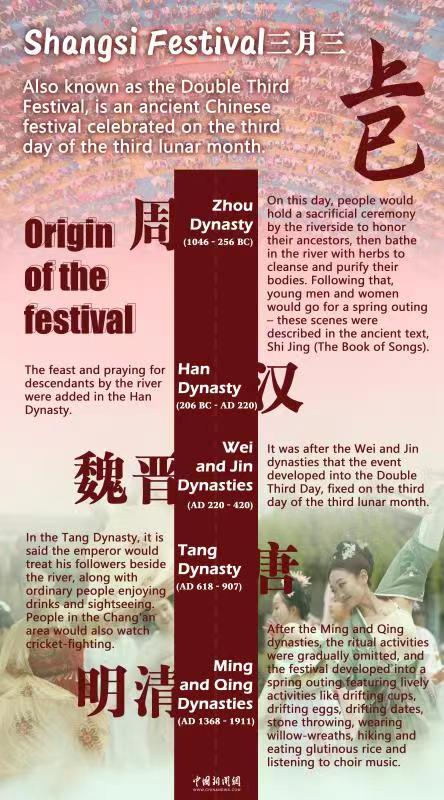
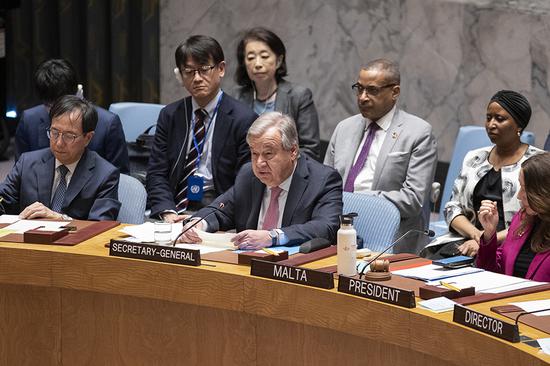
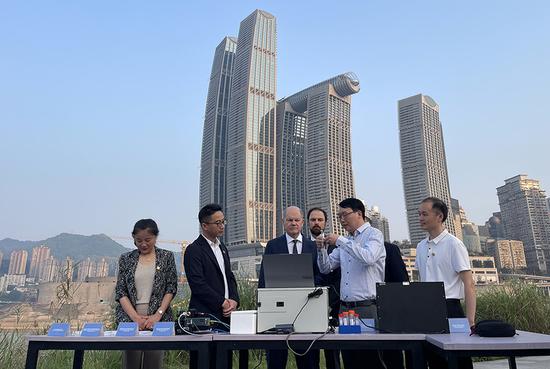
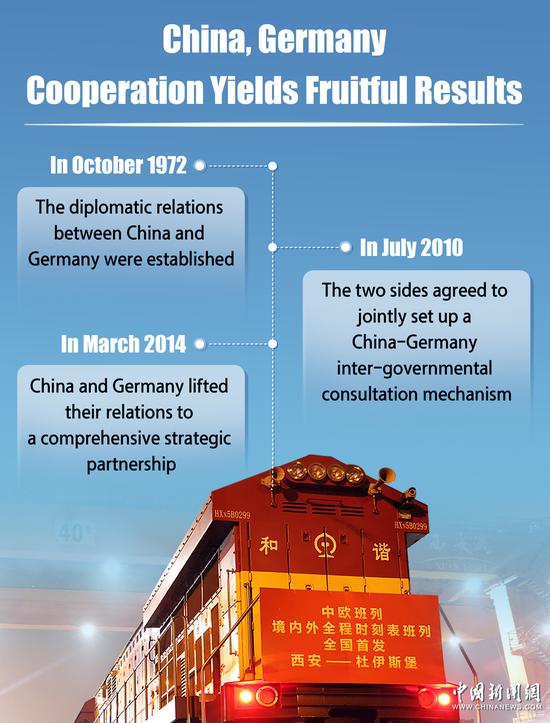
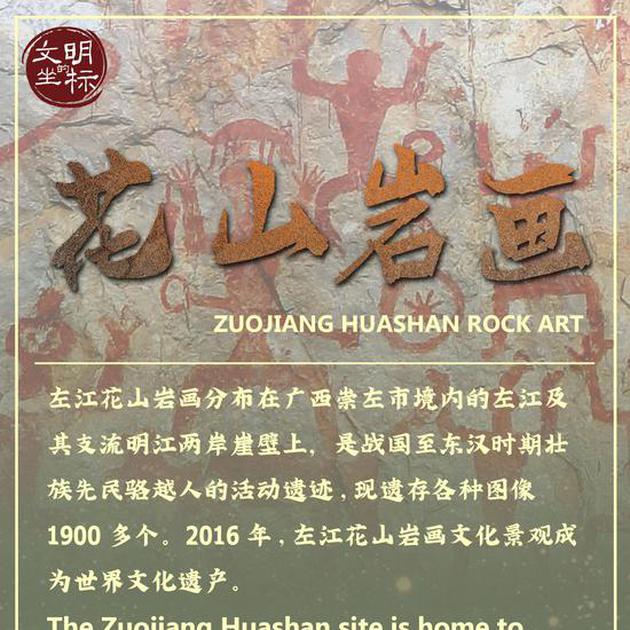
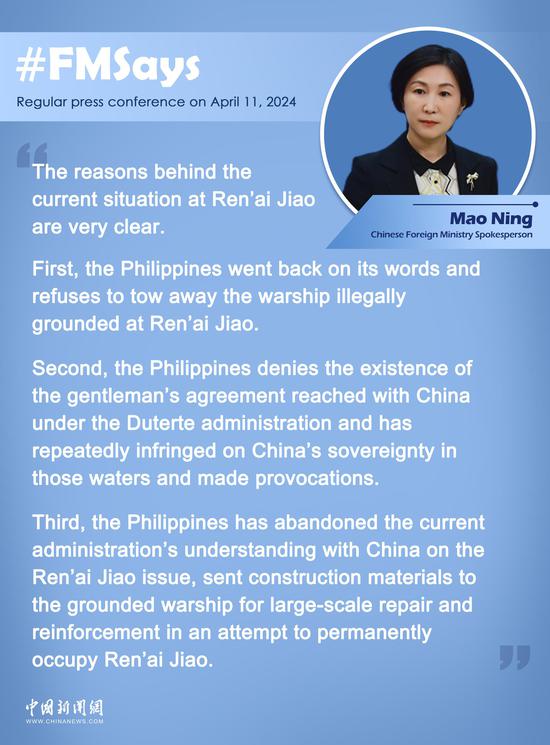
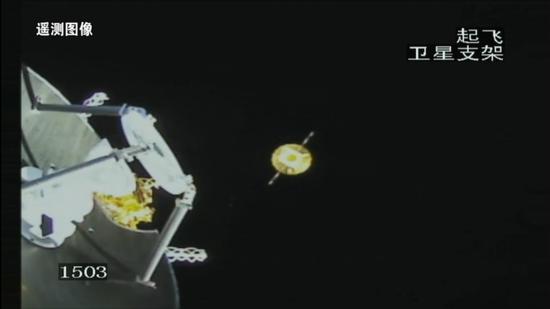
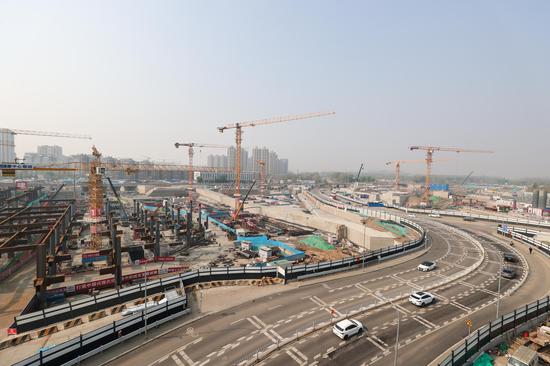

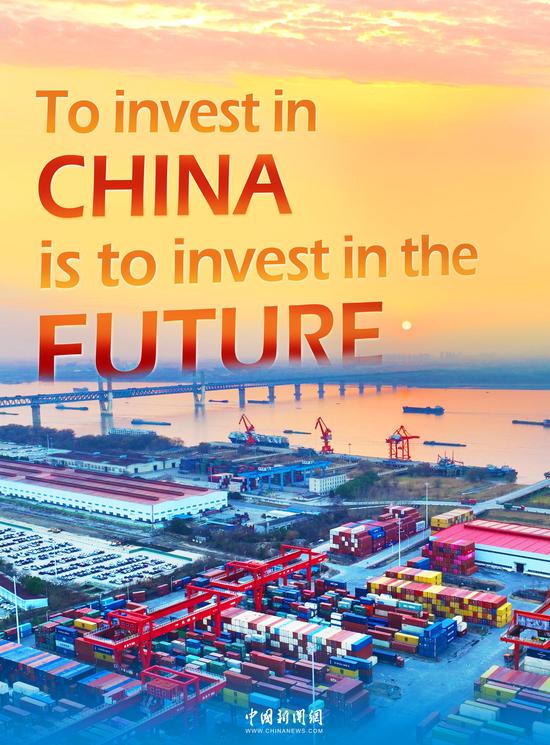
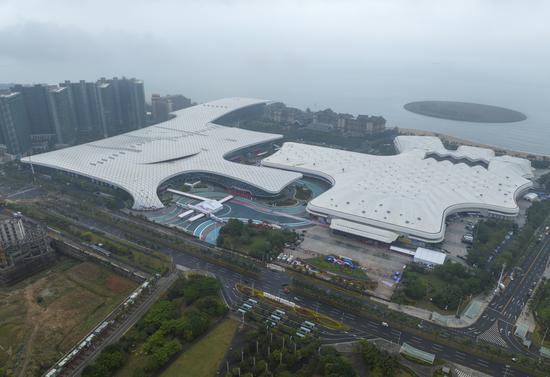



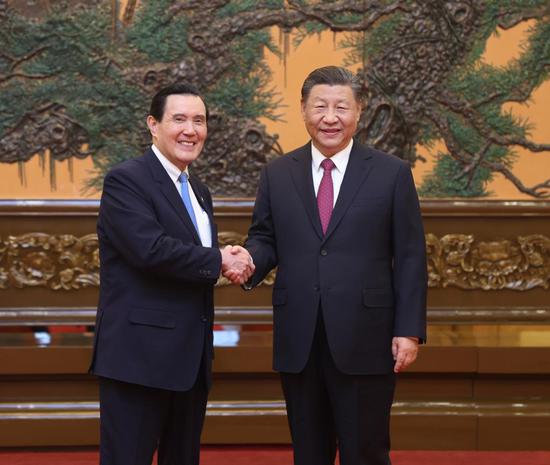

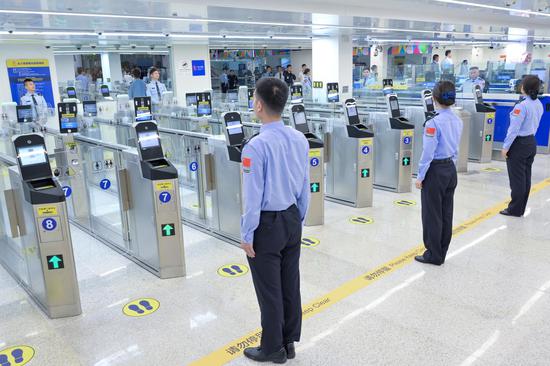
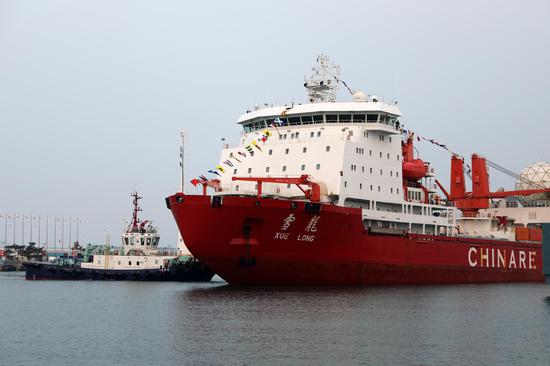

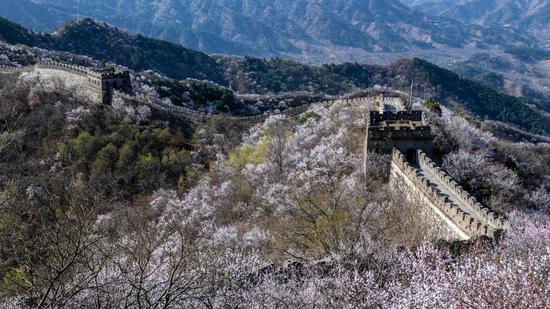

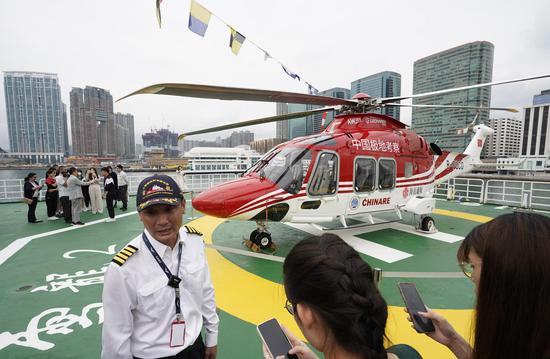




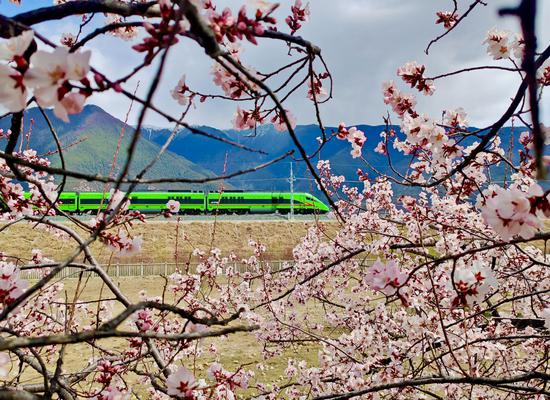

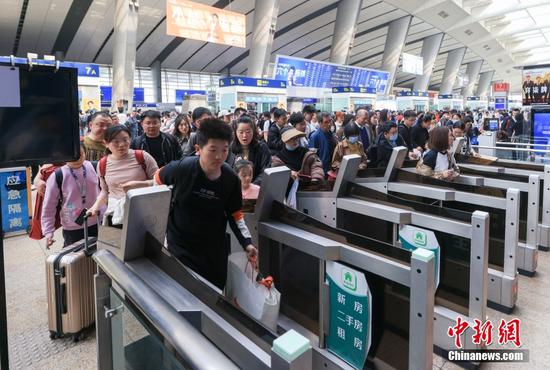
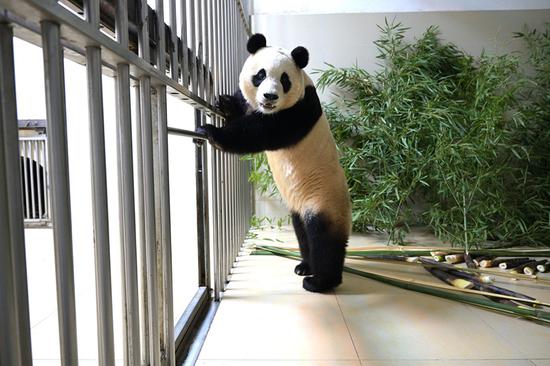
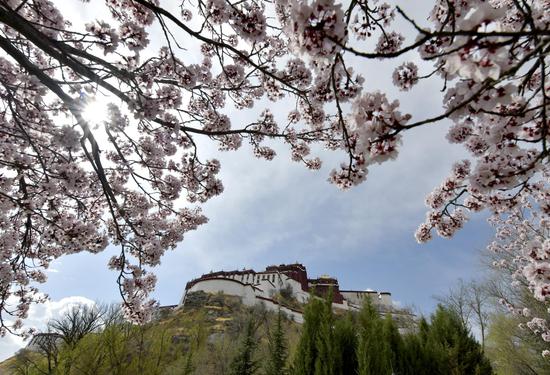


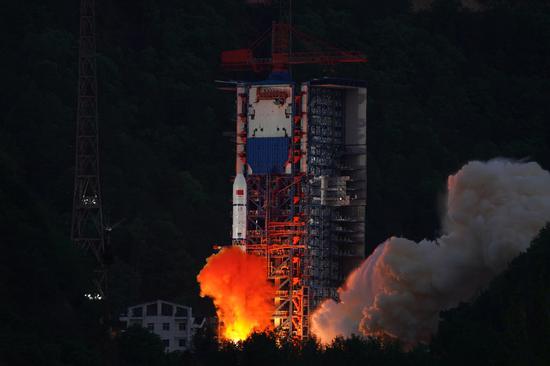
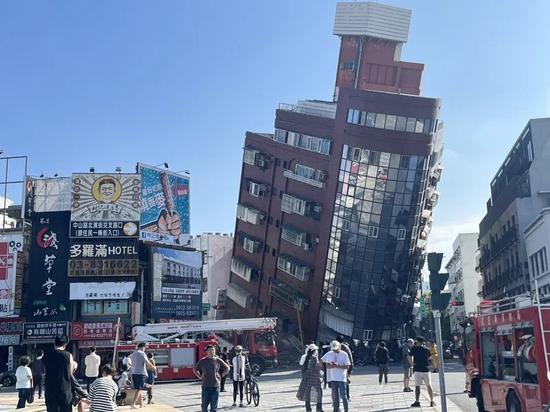
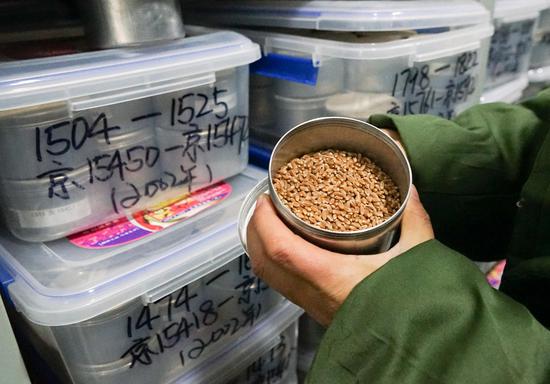
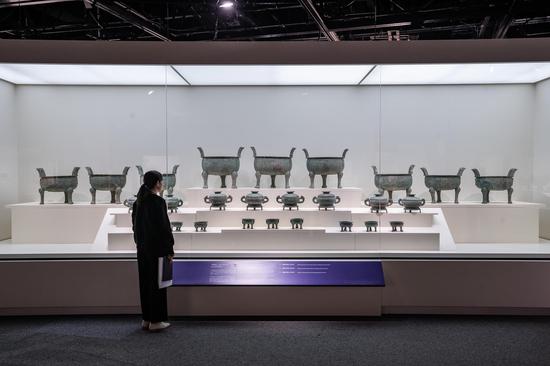





 京公网安备 11010202009201号
京公网安备 11010202009201号